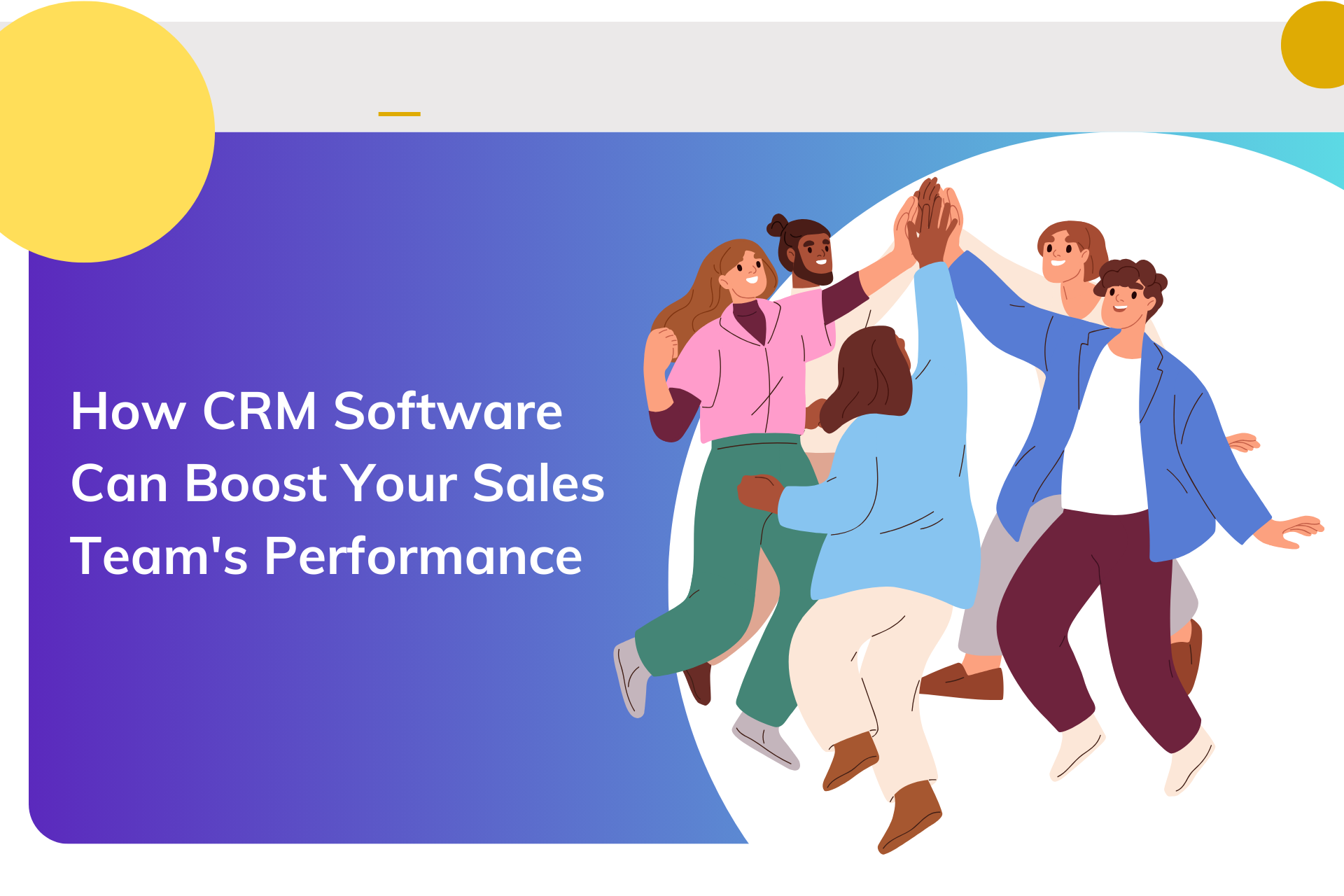In today’s competitive business landscape, leveraging technology to enhance sales performance is crucial. Customer Relationship Management (CRM) software has emerged as a vital tool for sales teams, helping them manage customer interactions, streamline workflows, and drive revenue growth. Here’s how CRM software can boost your sales team’s performance and transform your business.
1. Streamlining Lead Management
- Lead Capture and Tracking: CRM systems automatically capture leads from various sources such as websites, social media, and events, centralizing data in one place. This helps sales teams track and manage leads more effectively.
- Lead Scoring: By assigning scores to leads based on predefined criteria, CRM software helps prioritize leads with the highest potential, enabling sales teams to focus their efforts on prospects most likely to convert.
2. Enhancing Sales Process Efficiency
- Automated Workflows: CRM software automates routine tasks such as data entry, follow-up reminders, and scheduling. This reduces administrative burdens and allows sales professionals to spend more time on selling activities.
- Sales Pipeline Management: With CRM, sales teams can visualize their sales pipeline, track the progress of deals, and identify bottlenecks. This visibility helps in making informed decisions and accelerating the sales cycle.
3. Improving Customer Insights
- Comprehensive Customer Profiles: CRM software compiles detailed profiles for each customer, including contact information, communication history, purchase behavior, and preferences. This 360-degree view enables personalized interactions and enhances customer relationships.
- Analytics and Reporting: Advanced CRM systems provide analytics and reporting tools that offer insights into sales performance, customer behavior, and market trends. These insights help in identifying opportunities for cross-selling, upselling, and improving customer satisfaction.
4. Facilitating Collaboration and Communication
- Team Collaboration Tools: CRM platforms often include features like shared calendars, task assignments, and document sharing, which facilitate better coordination and communication among team members.
- Centralized Communication Records: By centralizing communication records, CRM systems ensure that all team members have access to the latest information, preventing miscommunications and ensuring consistent messaging.
5. Enhancing Customer Engagement
- Personalized Communication: With detailed customer data at their fingertips, sales teams can tailor their communication to individual customers’ needs and preferences, leading to more meaningful and effective interactions.
- Automated Follow-Ups: CRM software can automate follow-up emails and reminders, ensuring timely communication with prospects and customers. This consistency helps build trust and keeps your brand top-of-mind.
6. Enabling Remote and Mobile Work
- Mobile CRM Access: Modern CRM systems often come with mobile apps, allowing sales teams to access customer data, update records, and communicate with clients on the go. This flexibility is crucial for field sales and remote work scenarios.
- Real-Time Data Access: With cloud-based CRM solutions, sales teams can access real-time data from anywhere, ensuring they always have up-to-date information to make informed decisions. Good project management software will help you collaborate effectively and ensure that your projects are successful.
7. Supporting Training and Development
- Performance Tracking: CRM software tracks individual and team performance metrics, such as conversion rates, average deal size, and sales cycle length. This data helps identify areas for improvement and training needs.
- Knowledge Management: CRM systems can store and organize training materials, sales scripts, and best practices, providing a valuable resource for ongoing learning and development.
Conclusion: Maximizing Sales Performance with CRM
- Aligning Technology with Strategy: To maximize the benefits of CRM software, businesses should align its implementation with their overall sales strategy and goals. This alignment ensures that CRM tools are used effectively to drive results.
- Continuous Improvement: As customer needs and market conditions evolve, regularly updating CRM strategies and practices ensures that sales teams remain agile and responsive, maintaining a competitive edge.
By leveraging the power of CRM software, businesses can enhance their sales processes, improve customer engagement, and ultimately boost sales performance, driving growth and success in a competitive market. |












